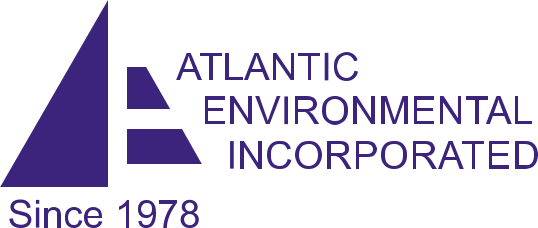If you need bacteria and mold hazards assistance in residential communities as discussed in this article call us at 973-366-4660 or email us at info@atlenv.com for details and a free estimate.
Written by Robert Sheriff, MS, CIH, CSP, and Henry P. Shotwell, Ph.D., CIH, Vice President
February 4, 2020
Mold and Bacteria Hazards in Senior Citizens Housing and Communal Areas
Continuing Care Retirement Communities typically offer complete independence in living arrangements for seniors, typically for those 55 and older. Within these communities, residents are offered assistance with basic activities of daily living. Protecting residents from environmental hazards is an important consideration because seniors can become increasingly sensitive and vulnerable to these hazards in senior citizens housing and communal areas.
Common Health Hazard Exposures
Perhaps one of the most common hazards comes from exposure to Legionella, a naturally occurring bacteria that flourishes in hot/warm water. The reason senior citizens communities are at an increased risk is that water cannot be too hot for fear of scalding senior skin. But this more temperate water temperature can encourage the growth of the Legionella Bacteria. Residents of assisted living communities are also more susceptible to reactions from pollens, dander, molds, and bacteria. Changes in seasons, which also bring changes in temperature and humidity, can greatly affect exposure. Spring and autumn are notorious for increases not only in both plant pollens but also in mold such as Cladosporium and Penicillium/Aspergillus.
Exposure to these agents not only causes discomfort but may result in secondary bacterial or viral infection. Unrecognized leaks from rainwater or condensation from high humidity can promote the growth of molds behind walls, carpeting, and wallpaper. These growths may release significant amounts of mold spores into a facility’s living areas for quite some time before they are observed. Regular inspections, which may include taking air, bulk or water samples, can provide an early warning so that corrective action can be taken in a timely fashion. Roof leaks, condensation, flooding, water leakage, and spills must be addressed rapidly before molds can begin to multiply and infect the occupied areas of the building.
Atlantic Environmental, Inc. is a full-service environmental testing/sampling company with over 40 years’ experience. Our staff of environmental scientists stands ready to assist you.
For more information contact Atlantic Environmental.
Our primary service areas are NJ, NY, NYC, PA, CT, DE, (Boston) MA, RI, Wash DC, WI, MD, MI, (Chicago) IL, VA, IN, (Atlanta) GA, AL, NC, SC, TN, (Dallas, Ft Worth) TX, OK, DC, AR. We can service most other areas of the U.S. but with some added travel charges.



